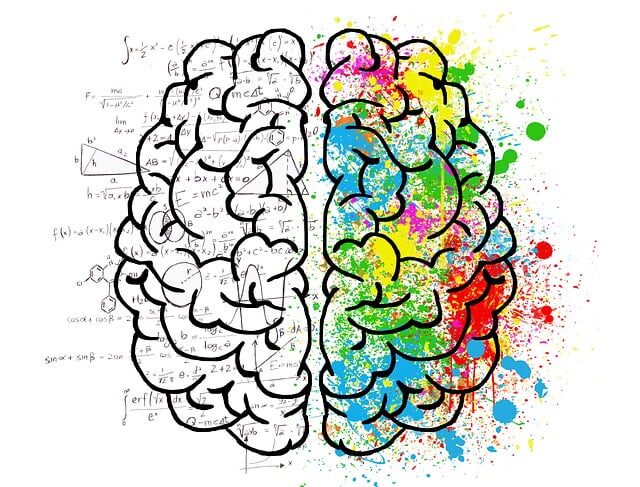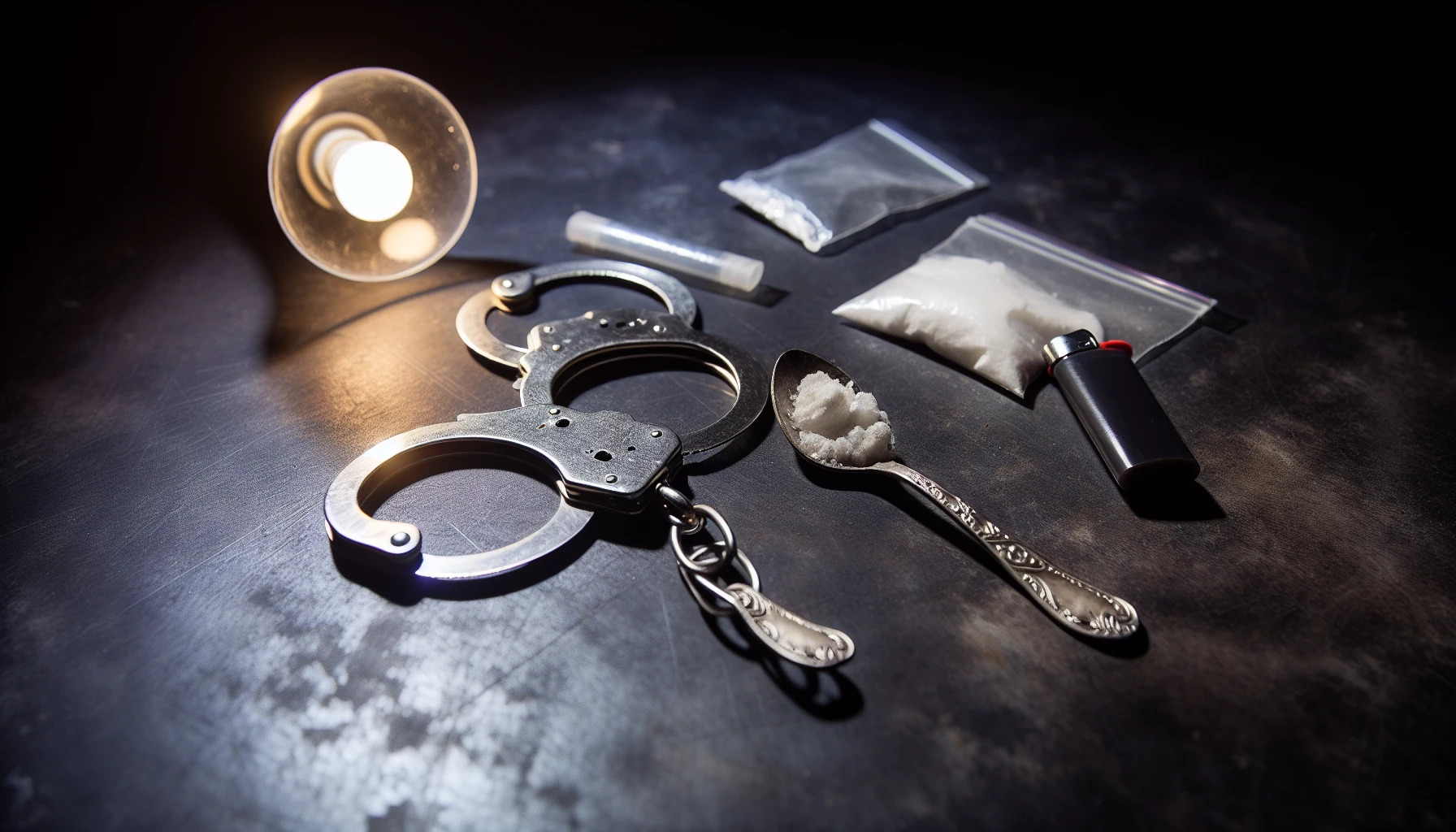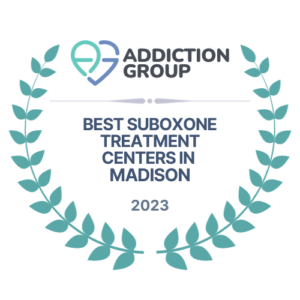Addiction recovery is a challenging journey that can be difficult to navigate alone. Having a supportive network during addiction recovery is crucial for achieving and maintaining sobriety. Whether you are a friend, family member, or healthcare professional, your support can make all the difference in someone’s recovery journey.
Recovering from addiction is a journey that necessitates significant modifications to one’s lifestyle and conduct. It can be a hard and lengthy process, with possible obstacles and setbacks encountered throughout. This is where a strong support system can play a critical role.
A supportive network can provide encouragement, accountability, and guidance throughout the recovery process. It can also offer emotional support and practical assistance when needed, helping individuals to stay on track and avoid relapse.
However, supporting someone in addiction recovery can also be challenging and emotionally taxing. It requires patience, empathy, and understanding, as well as an awareness of potential triggers and setbacks that may arise.
In this article, we will discuss the importance of support in addiction recovery and offer practical tips on how to support someone in their journey towards sobriety. We will also explore potential benefits of having a supportive network during addiction recovery, as well as potential challenges of supporting someone in addiction recovery.


Understanding Addiction and Recovery
Addiction is a multifaceted disorder that impacts the mind and body. It is distinguished by a compulsion to seek and consume drugs, regardless of detrimental outcomes. Addiction is not a voluntary decision, but a chronic condition that demands continuous supervision and assistance.
The brain modifications that arise from addiction can impede an individual’s ability to regulate their drug use, resulting in a host of adverse effects, such as financial strain, legal entanglements, and interpersonal difficulties. Addiction can also have serious health consequences, including an increased risk of overdose and infectious diseases.
Different Stages of Recovery
Recovery from addiction is a process that involves making significant changes to one’s lifestyle and behaviors. It is not a one-time event, but rather a journey of ongoing personal growth and development. The recovery process can be broken down into different stages, including detoxification, early abstinence, maintaining abstinence, and advanced recovery.
The first step in addiction recovery is detoxification, which entails eliminating drugs or alcohol from the body. This can be a challenging and uncomfortable experience, and medical monitoring may be required to handle withdrawal symptoms.
Early abstinence is the period immediately following detoxification. During this time, individuals may experience intense cravings and other withdrawal symptoms. It is important to have a strong support system during this phase, as the risk of relapse is high.
Maintaining abstinence is the long-term goal of addiction recovery. This involves developing healthy coping mechanisms and finding new ways to manage stress and other triggers. It also involves addressing underlying issues that may have contributed to the addiction, such as trauma, mental health disorders, or environmental factors.
Advanced recovery is the stage of recovery in which individuals have achieved long-term abstinence and are working towards maintaining their sobriety. This involves ongoing self-reflection and personal growth, as well as a continued commitment to healthy behaviors and coping strategies.
Long-term recovery is crucial for sustained sobriety and overall well-being. It involves ongoing support and accountability, as well as a commitment to maintaining healthy habits and coping mechanisms. By understanding the different stages of addiction recovery and the importance of long-term recovery, supporters can better understand the journey and provide effective support.
How to Support Someone in Recovery
Supporting someone in addiction recovery can be a challenging and rewarding experience. There are many different ways to provide support, including emotional support, practical assistance, and ongoing accountability. Here are some tips for supporting someone in their journey towards sobriety:
Building a Supportive Network
1. Encouraging the Person in Recovery to Join Support Groups
Support groups such as Alcoholics Anonymous (AA), Narcotics Anonymous (NA), and SMART Recovery provide a supportive environment for individuals in addiction recovery. These groups offer a sense of community and connection, as well as opportunities for accountability and personal growth. Encourage the person in recovery to attend meetings regularly and to participate in the group’s activities.
2. Exploring Other Types of Support Systems
In addition to support groups, there are many other types of support systems that can be helpful for individuals in addiction recovery. Family therapy, individual counseling, and medication-assisted treatment (MAT) are all options that may be beneficial. Encourage the person in recovery to explore these options and to seek professional help when needed.
3. Encouraging the Person in Recovery to Connect with a Sponsor or Recovery Coach
Having a sponsor or recovery coach can provide additional support and accountability during the recovery process. Sponsors are typically individuals who have experienced addiction recovery themselves and can offer guidance and support based on their own experiences. Recovery coaches are professionals who specialize in addiction recovery and can offer support and guidance throughout the recovery journey.
4. Tips for Creating a Supportive and Safe Home Environment
Creating a supportive and safe home environment can help individuals in addiction recovery to stay on track and avoid relapse. Some tips for creating a supportive home environment include:
- Removing triggers such as drugs, alcohol, or drug paraphernalia from the home
- Encouraging healthy habits such as exercise, healthy eating, and self-care
- Offering emotional support and understanding
- Providing accountability and structure, such as setting boundaries and expectations
By building a supportive network and creating a safe home environment, supporters can help individuals in addiction recovery to stay on track and achieve their goals.


Offering Emotional Support
Offering emotional support is a crucial part of supporting someone in addiction recovery. Emotional support can help individuals to feel understood, valued, and cared for, which can be especially important during the challenging process of addiction recovery. Here are some tips for offering emotional support:
1. Active Listening Skills and Effective Communication Techniques
Active listening skills and effective communication techniques are essential for offering emotional support. This involves giving the person in recovery your undivided attention, asking open-ended questions, and reflecting back what you hear. Avoid interrupting, offering unsolicited advice, or being judgmental.
2. Validation and Empathy as Key Components of Emotional Support
Validation and empathy are key components of emotional support. Validation refers to recognizing an individual’s emotions and encounters, even if they are not necessarily in agreement with your own perspective. Empathy involves putting yourself in the person’s shoes and trying to understand their perspective. By validating and empathizing with the person, you can help them to feel heard and understood.
3. Understanding and Respecting Boundaries
Understanding and respecting boundaries is important when offering emotional support. Respect for personal boundaries is crucial for establishing trust and rapport, as each person has distinct limits. Avoid being intrusive or asking excessive personal questions, and acknowledge an individual’s right to privacy.
4. Encouraging the Person in Recovery to Practice Self-Care
Encouraging the person in recovery to practice self-care can help them to stay on track and avoid burnout. Self-care encompasses various activities, such as physical exercise, nutritious eating, mindfulness techniques, and artistic endeavors. Encourage individuals in recovery to discover activities that are pleasurable and that aid them in relaxing and decompressing.
By offering emotional support, supporters can help individuals in addiction recovery to feel understood, valued, and cared for. This can make a significant difference in their recovery journey and can help them to achieve long-term sobriety.
Practical Support
In addition to emotional support, offering practical support can also be helpful for individuals in addiction recovery. Practical support can help to alleviate stress and provide individuals with the resources they need to succeed. Here are some practical ways to support someone in addiction recovery:
1. Helping with Daily Tasks
Helping with daily tasks such as cooking, cleaning, and running errands can be a big help for someone in addiction recovery. These tasks can become overwhelming during the recovery process, and having someone to assist can help to reduce stress and free up time for other important activities.
2. Assistance with Employment or Job Training
Assistance with employment or job training can also be helpful for individuals in addiction recovery. Obtaining a steady job can offer a sense of direction and achievement, in addition to financial security. Support with constructing a resume, searching for employment, and honing interview techniques can be particularly valuable for individuals who are reintegrating into the workforce after experiencing addiction.
3. Helping the Person in Recovery to Find Housing and Other Resources
Finding stable housing can also be a challenge for individuals in addiction recovery. Helping the person in recovery to find safe and stable housing, as well as other resources such as healthcare, legal assistance, and educational opportunities, can be an important part of supporting their recovery journey.
4. Providing Financial Support and Advice
Financial instability can be a major stressor during the recovery process. Providing financial support and advice can help to alleviate this stress and provide the individual with the resources they need to succeed. This can include things like assisting with bill payments, providing advice on budgeting and financial planning, and offering support during difficult financial times.
By offering practical support, supporters can help to alleviate stress and provide individuals in addiction recovery with the resources they need to succeed. This can make a significant difference in their recovery journey and can help them to achieve long-term sobriety.
Dealing with Challenges
Supporting someone in addiction recovery can be challenging and emotionally taxing. It’s important to recognize potential challenges and triggers for relapse, as well as to develop strategies for coping with setbacks and avoiding burnout. Here are some tips for dealing with challenges when supporting someone in addiction recovery:
Recognizing Potential Challenges and Triggers for Relapse
Recognizing potential challenges and triggers is essential when supporting someone through addiction recovery. These can include stress, relationship issues, financial difficulties, and exposure to triggers such as drug or alcohol use. By being aware of these potential challenges, supporters can be better prepared to provide effective support and guidance when needed.
Strategies for Coping with Setbacks and Avoiding Burnout
Coping with setbacks and avoiding burnout is also important when supporting someone through addiction recovery. Setbacks and relapses are a common part of the recovery journey, and it can be emotionally difficult to support someone through these times. Taking breaks, seeking support from others, and engaging in enjoyable activities can help caregivers and supporters to avoid burnout and continue to provide effective support.
Understanding the Importance of Self-Care for Caregivers and Supporters
Self-care is crucial for caregivers and supporters of individuals in addiction recovery. Supporting someone through addiction recovery can be emotionally taxing and stressful, and it’s important for caregivers and supporters to prioritize their own well-being in order to provide effective support. This can include things like setting boundaries, practicing self-care activities, and seeking support from others when needed.


Conclusion
Supporting someone through addiction recovery is not an easy task, but it can be a rewarding and impactful experience. By building a supportive network, offering emotional and practical support, recognizing potential challenges and triggers, and prioritizing self-care, caregivers and supporters can make a significant difference in the lives of individuals in addiction recovery.
Whether you’re a family member, friend, or professional, your support and guidance can help individuals to achieve long-term sobriety and lead fulfilling lives. Remember, addiction recovery is a journey, and with the right tools and resources, anyone can succeed.
Interested to learn more? Read more related articles: Suboxone Use During Pregnancy
References:
https://americanaddictioncenters.org/alcoholism-treatment/loving-an-addict
https://adf.org.au/insights/supporting-recovery/
https://www.urmc.rochester.edu/encyclopedia/content.aspx?contenttypeid=1&contentid=2255













